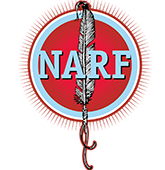Tribal Nations Shift ICWA Focus During National Foster Care Month
In recognition of the tireless advocacy of the many child welfare workers, foster parents, volunteers and family members who care for Native children in state custody, tribal nations have been promoting National Foster Care Month to raise awareness about the need for more Native foster homes in the United States. Read the full article at … Read more
